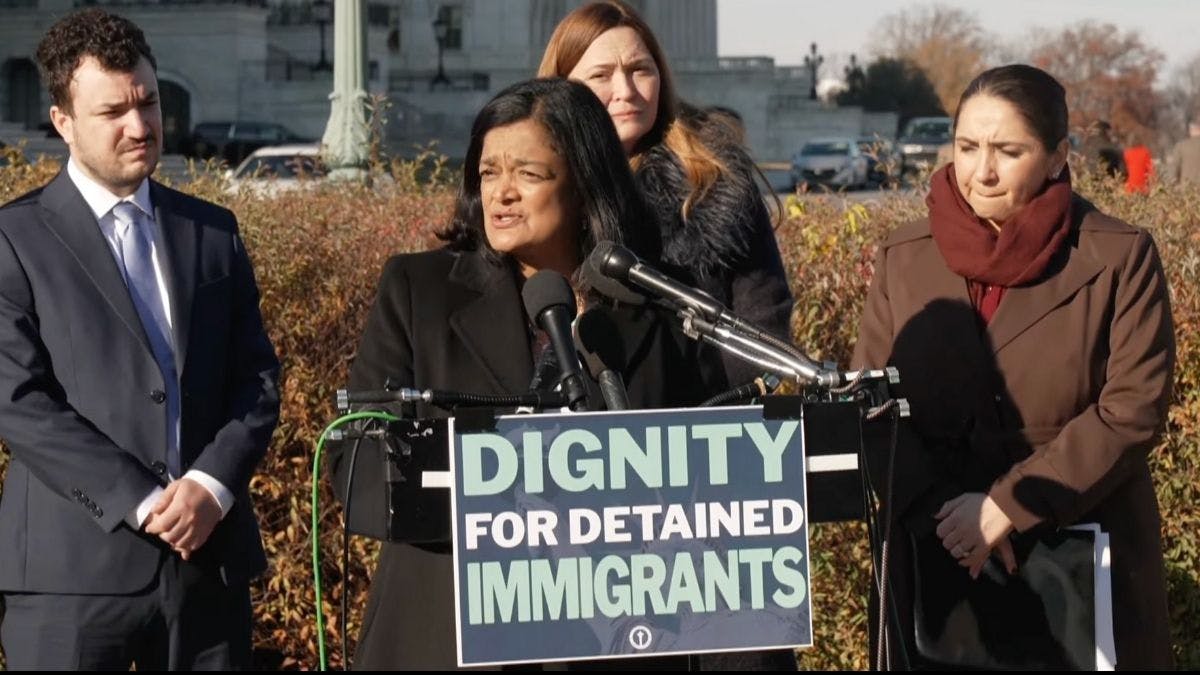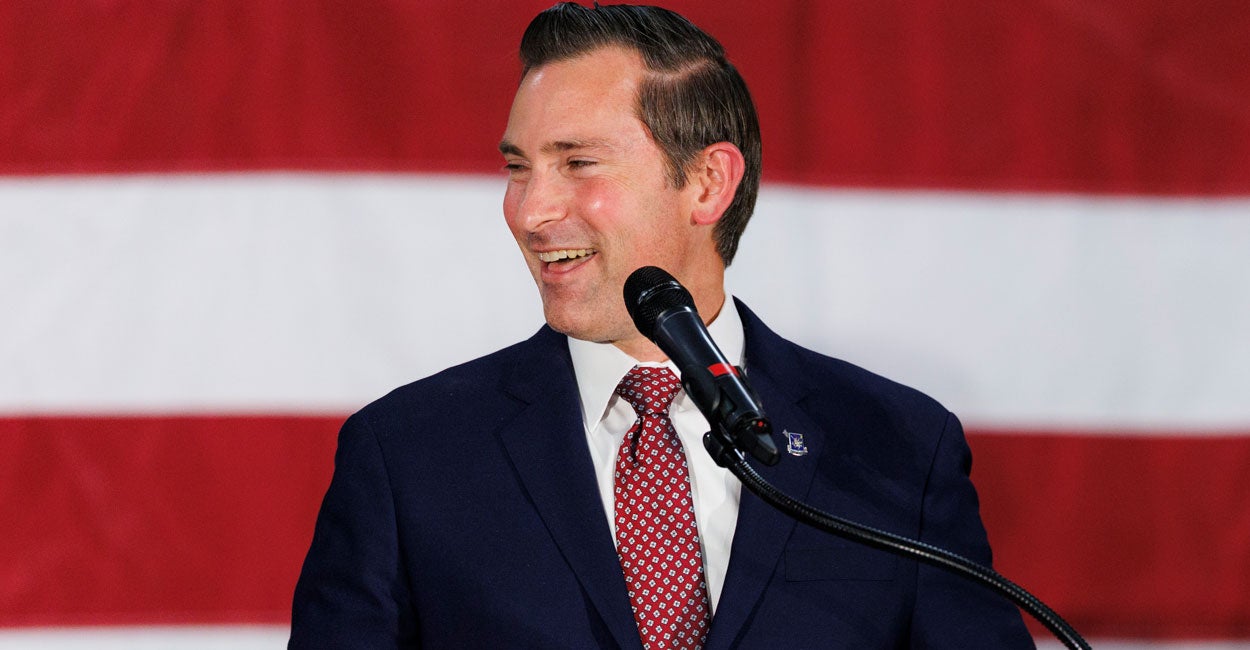Could Israel Eliminate Iran’s Nuclear Sites Alone or Would It Need Help From US?

If negotiations between the U.S. and Iran over Iran’s nuclear program were to break down, reports indicate Israel might strike Iran. But without the U.S., Israel doesn’t have the capability to eliminate Iran’s nuclear capabilities, according to a national security expert at The Heritage Foundation.
The U.S. “alone has the capability, really, to significantly delay Iran’s program and set them back,” Robert Greenway told The Daily Signal.
“The Israelis would have the ability to strike facilities, but have minor disruptive action,” Greenway said, adding, “the United States would have ability to do far more than that.”
Iran has multiple nuclear sites, some believed to be located 150 meters (about 500 feet) or more underground, according to Oded Ailam, a researcher at the Jerusalem Center for Security and Foreign Affairs in Israel and a former head of the Counterterrorism Division of the Mossad, Israel’s national intelligence agency.
Israel does not have the ability to penetrate a nuclear facility buried deep underground, but America’s “MOAB” bomb likely could, according to Ailam. The MOAB—short for Massive Ordnance Air Blast bomb and often referred to as “the mother of all bombs”—is the most powerful nonnuclear conventional weapon in existence.
While there are fears a U.S. strike on Iran’s nuclear facilities could trigger a war, David Aaronson, a visiting fellow at The Heritage Foundation’s Allison Center for National Security, contended that war would not be the result of a preemptive strike.
Assumptions that a strike would lead to war “are baseless and misleading,” Aaronson told The Daily Signal.
“It’s worth learning from history,” Aaronson said. “In 1981, Israel destroyed a nuclear reactor built by Saddam Hussein’s regime in Iraq—no war. In 2007, Israel destroyed a nuclear reactor built by the Assad regime in Syria—no war. Eradicating Iran’s nuclear program will not start a war, but it could prevent one.”
Meanwhile, the Trump administration continues to engage in talks with Iran over its nuclear program with little clear progress. Over the weekend, President Donald Trump indicated a deal with Iran could be coming soon, but Iranian officials have appeared less optimistic. On Monday, Iranian President Masoud Pezeshkian said Iran will survive if his country fails to reach an agreement with the U.S.
Ailam contends that the Trump administration should use the threat of an Israeli attack on Iran as leverage in the negotiations.
Trump should tell Iran: “I’m not able to control [Israel], so you better come to terms with me as soon as possible,” he said.
But Ailam said the Trump administration is at a disadvantage in negations with Iran because neither Trump nor special envoy to the Middle East Steve Witkoff speak Farsi, and “they don’t understand the mentality” of the Middle East.
The negotiations between Iran and the U.S., according to Ailam, are “like the players from the NBA playing against the local neighborhood in Wisconsin.”
Iran has continued production of near weapons-grade uranium and, as of reports in February, Iran was enriching uranium up to 60%. Weapons-grade uranium levels are 90% enriched.
While Israel does not have the ability to take out Iran’s nuclear sites, it could strike Iranian oil facilities, Ailam said, contending this could cripple Iran’s economy and destabilize the government. If the current Iranian regime fell, Iran’s nuclear program would crumble, Ailam believes.
But a strike on one of Iran’s larger oil facilities is very risky, Heritage’s Greenway counters.
Because Iran’s economy is so dependent on its oil production, a strike on Iranian oil might encourage Iran to pursue a nuclear weaponization even more rapidly, or could lead to Iran launching a massive retaliatory missile attack that would have “global disruption” on the oil market.
While there could be advantages to striking Iran’s oil facilities, the risks are significant enough that “in my mind, there is only one target left, and that’s the nuclear target,” Greenway said.
Right now, time is one of the most important factors in the ongoing nuclear negotiations between the U.S. and Israel, he explained.
Iran wants the negotiations over a deal to extend as long as possible because the additional time allows the Islamic republic to continue developing its nuclear capabilities and ultimately launch a test, the Heritage expert said.
“They could test virtually at any time, with little or no warning,” Greenway said. “And once you test, you’re treated as a nuclear power and then things get very complicated.”
The post Could Israel Eliminate Iran’s Nuclear Sites Alone or Would It Need Help From US? appeared first on The Daily Signal.
Originally Published at Daily Wire, Daily Signal, or The Blaze
What's Your Reaction?
 Like
0
Like
0
 Dislike
0
Dislike
0
 Love
0
Love
0
 Funny
0
Funny
0
 Angry
0
Angry
0
 Sad
0
Sad
0
 Wow
0
Wow
0











































































